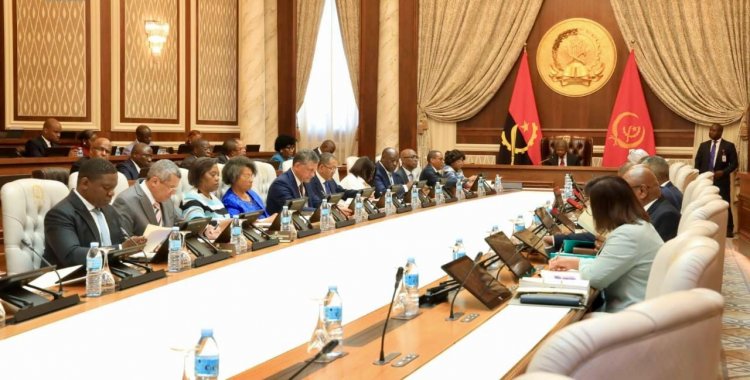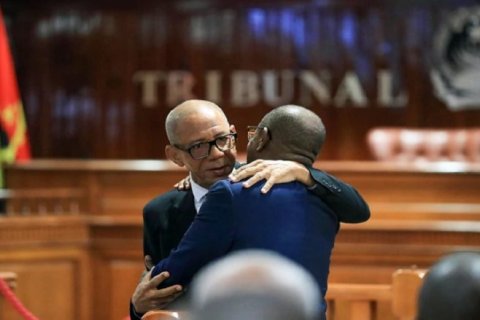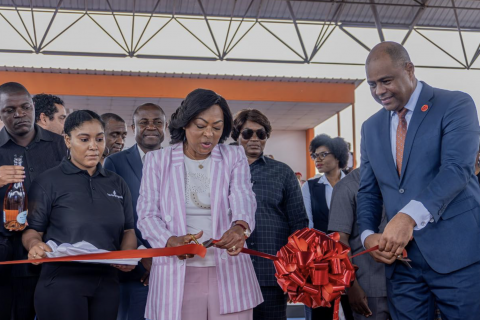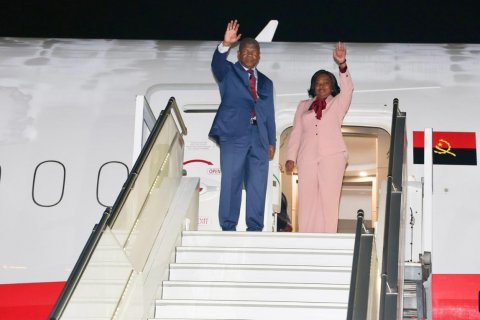According to the statement issued at the end of the meeting, the aim is to restructure the PREI in order to make it “more efficient and effective” with its implementation at a local level, thus reversing the “harmful effects of informality in the national economy” through strategies that allow economic operators to understand the advantages of formalizing their businesses.
The Public Investment Program (PIP) Execution Report for the first quarter of this year was also presented at the Friday session, a document that includes expenditure on public investment and development support.
During this period, the PIP closed with 3,048 registered projects, of which 1,002 are linked to central government bodies and 2,046 to local government bodies.
The accumulated execution of the PIP showed a picture with 416 physically completed projects and 1,212 projects in progress.
The Council of Ministers also approved a presidential decree establishing the principles, rules and procedures for the preparation and drafting of the 2026 General State Budget (OGE) proposal and the 2026-2029 expenditure framework.
This body also assessed presidential decrees approving the regulations for the Course Accreditation Process, a diploma that regulates the accreditation processes for courses taught by Training Entities or Technical-Vocational Secondary Education Institutions and on the Dual Certification Training Offer Courses in Technical-Vocational Secondary Education and Vocational Training Institutions.
A regulation was also approved on the Legal Framework for the Recognition, Validation and Certification of Skills and approving the Professional Equivalence Regime, a diploma applicable to national and foreign citizens, holders of professional qualifications obtained in foreign training contexts, who wish to obtain professional equivalence in Angola.
The presidential decree approving the Organic Statute of the Angolan National Anti-Doping Agency (ANADA), a legal instrument containing rules aimed at ensuring the protection of sporting integrity, and the presidential decree approving the organic statute of the Anti-Doping Disciplinary Council were also considered at this session.
The collegiate advisory body of the Angolan President also considered the presidential decree approving the Rules and Procedures for the Approval, Recognition and Granting of Equivalence of Studies in Pre-School, Primary and Secondary Education.
In the area of foreign relations, the Council of Ministers also considered several legal instruments, and this body also took note of the holding, in Luanda, from 22 to 24 July, of the 2nd African Ministerial Conference, in coordination with the World Tourism Organization (UN Tourism) and the International Civil Aviation Organization (ICAO), on Tourism and Air Transport in Africa.







